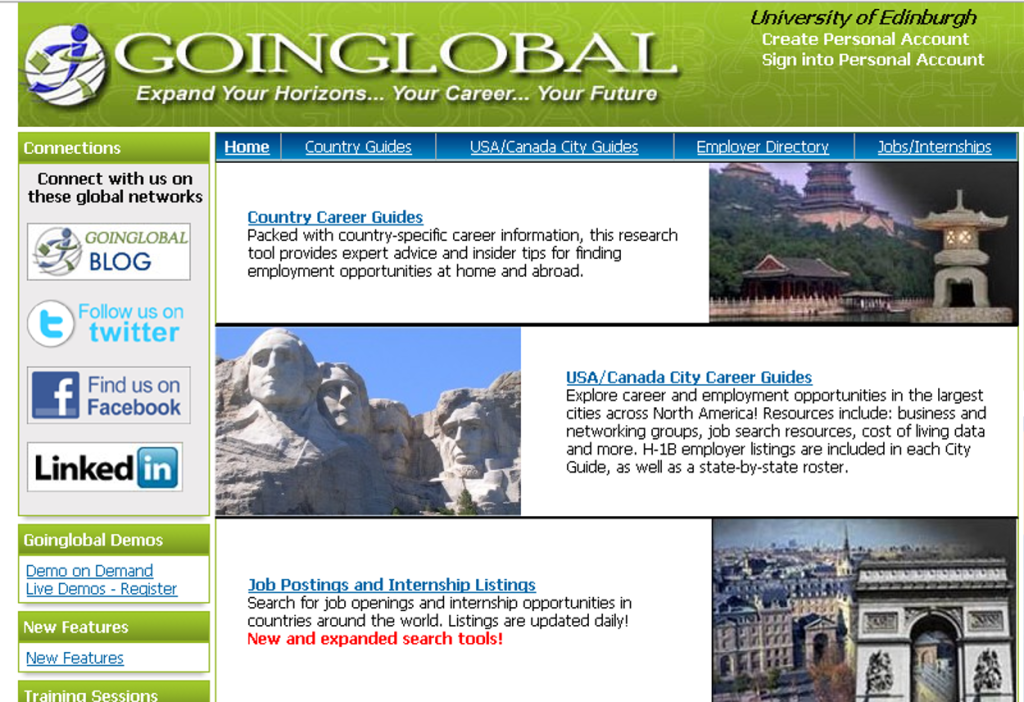 I’m a big fan of mentoring for individuals to help them with their career development. Mentors tend to be someone you can talk to about your plans, set goals with, and get ideas and encouragement from on how to achieve those goals. Often mentors come from within your organisation (if you are employed) and they’re usually more senior than you, although occasionally people may seek out a mentor from outside their organisation (maybe from a sector they are keen to move into). Mentors can be motivating, supportive, help clarify ideas, and give you a different (and helpful!) perspective on the issues you may be facing in your job or in progressing your career.
I’m a big fan of mentoring for individuals to help them with their career development. Mentors tend to be someone you can talk to about your plans, set goals with, and get ideas and encouragement from on how to achieve those goals. Often mentors come from within your organisation (if you are employed) and they’re usually more senior than you, although occasionally people may seek out a mentor from outside their organisation (maybe from a sector they are keen to move into). Mentors can be motivating, supportive, help clarify ideas, and give you a different (and helpful!) perspective on the issues you may be facing in your job or in progressing your career.
But I recently came across a really interesting blog post from a few years ago that I wanted to share with you. It suggests enlisting the help of a ‘sponsor’ to support your career development, someone who will actively promote your career development within an organisation. I’ve copied a quote from the post below.
But what’s the difference between a mentor and a sponsor? Heather Foust-Cummings, a vice president with Catalyst Research Center for Equity in Business Leadership, explained it this way: “A mentor will talk with you, but a sponsor will talk about you.”
The blog talks about what you can do to enlist the support of a sponsor and why it’s a good thing to do. I’d recommend it as a really interesting read if you want to progress your career with your current employer.
The People Who Can Open More Career Doors Than You Ever Thought Possible



